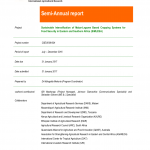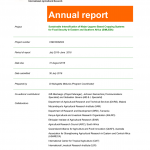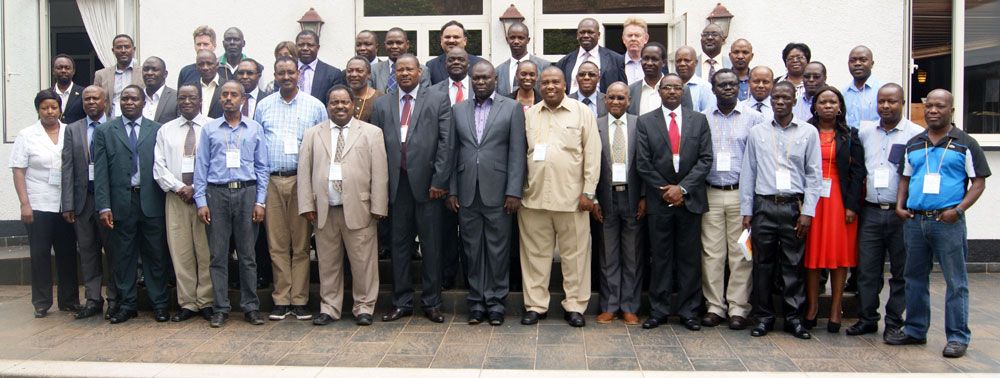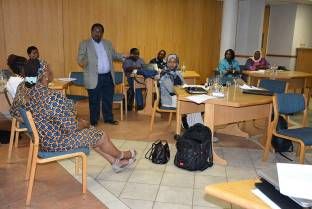SIMLESA Program Semi-Annual Report: July – December 2016

This semi-annual progress report is an outline of activities under the Sustainable Intensification of Maize-Legume Based Cropping Systems for Food Security in Eastern and Southern Africa (SIMLESA) program for the July to December 2016 reporting period. The SIMLESA program is being implemented in five main countries – Ethiopia, Kenya, Tanzania, Malawi and Mozambique. The program, in its second year of the second phase – utilizes pathways for the intensification of maize-legume based cropping systems through the promotion of resilient and adopted technologies. Funded by the Australian Centre for International Agricultural Research (ACIAR), SIMLESA was launched in March 2010 and is a multi-stakeholder collaborative research program managed by the International Maize and Wheat Improvement Center (CIMMYT) and implemented by National Agricultural Research Systems (NARS) in the core countries, with backstopping inputs from other partners. Botswana, Uganda and Rwanda are spillover countries benefitting from ongoing SIMLESA research activities, (See map on page i). The program is working with a wide range of collaborators1
The program aims to create more productive, resilient, profitable and sustainable maize-legume farming systems that overcome food insecurity and help reverse soil fertility decline, particularly in the context of climate risk and change. The program is helping farmers to diversify their crops, increase food production, and withstand the risks of climate variability and drought. SIMLESA is envisaged to reach 650,000 small farming households in the five countries over a 10-year period. The second phase of the program (SIMLESA II) was launched in July 2014 with modified program objectives and emphasis on scaling out evaluated technologies.
To read full report click here




